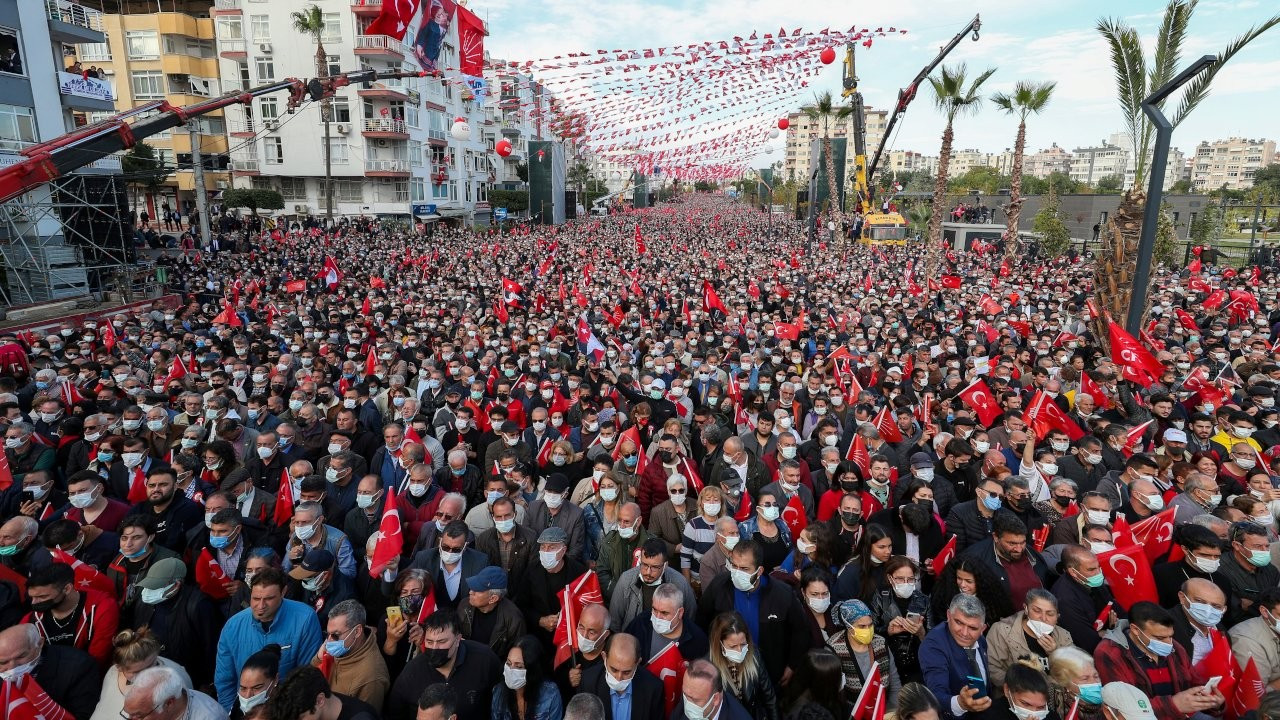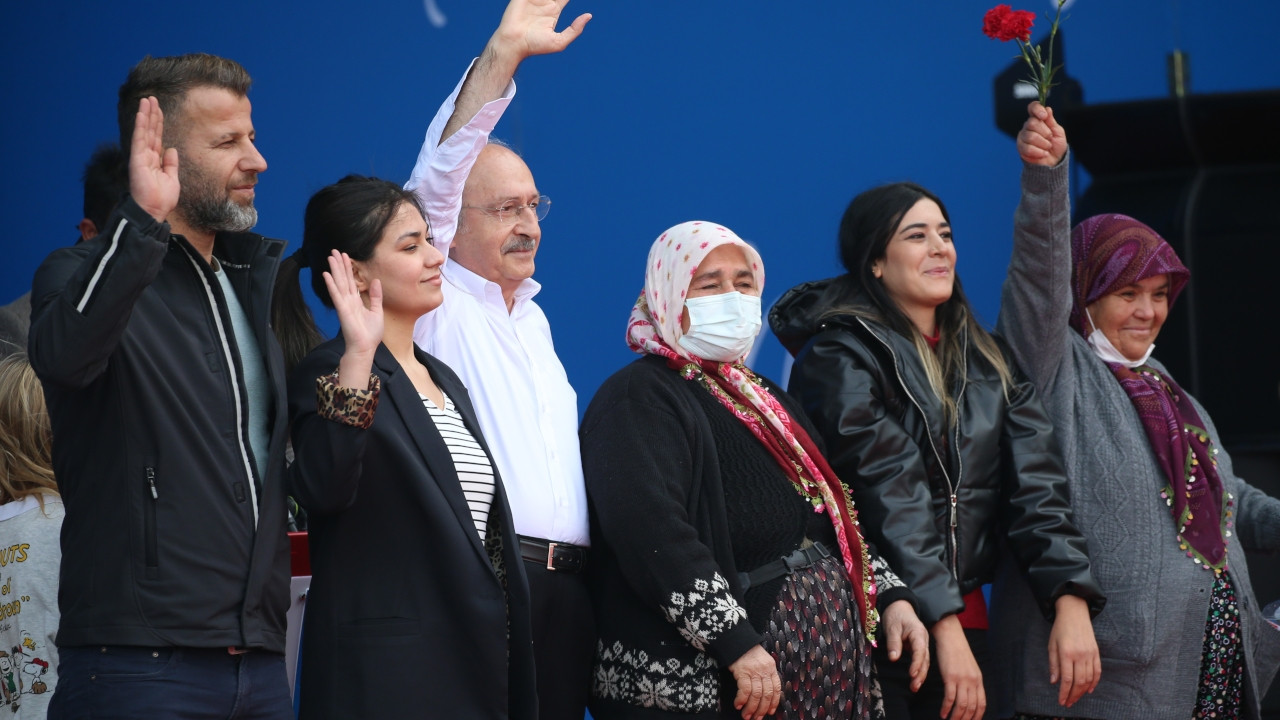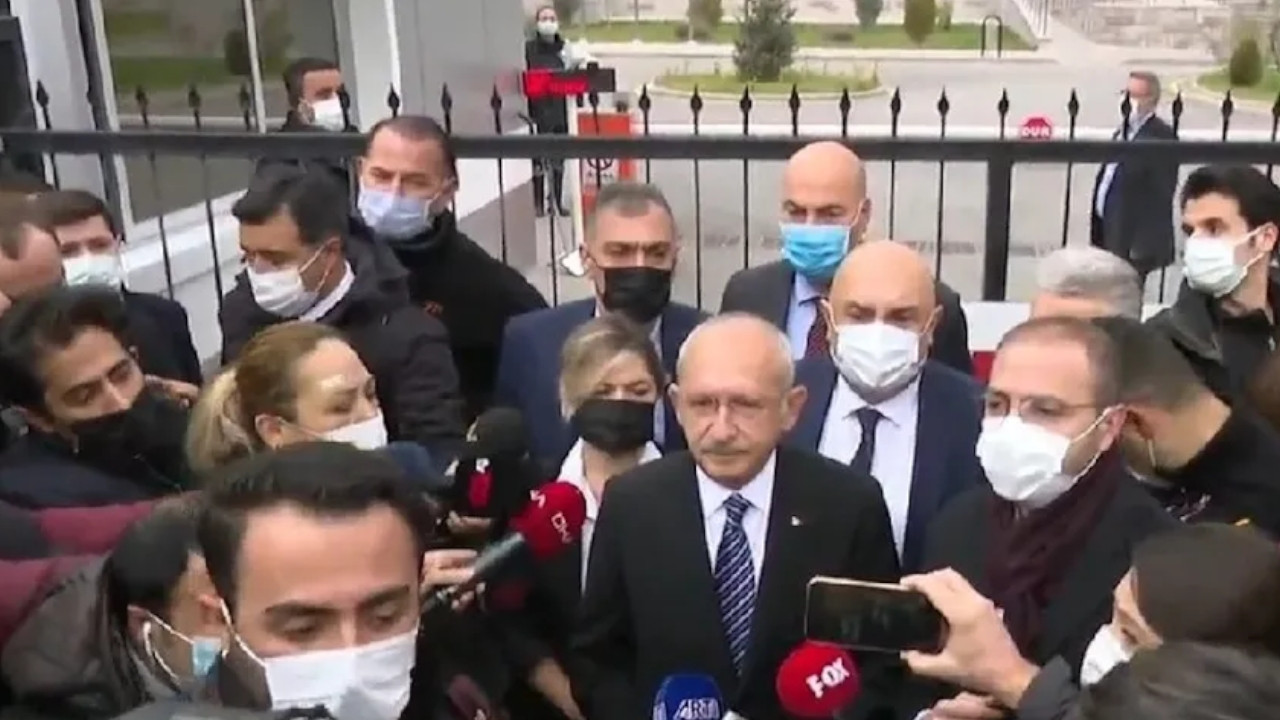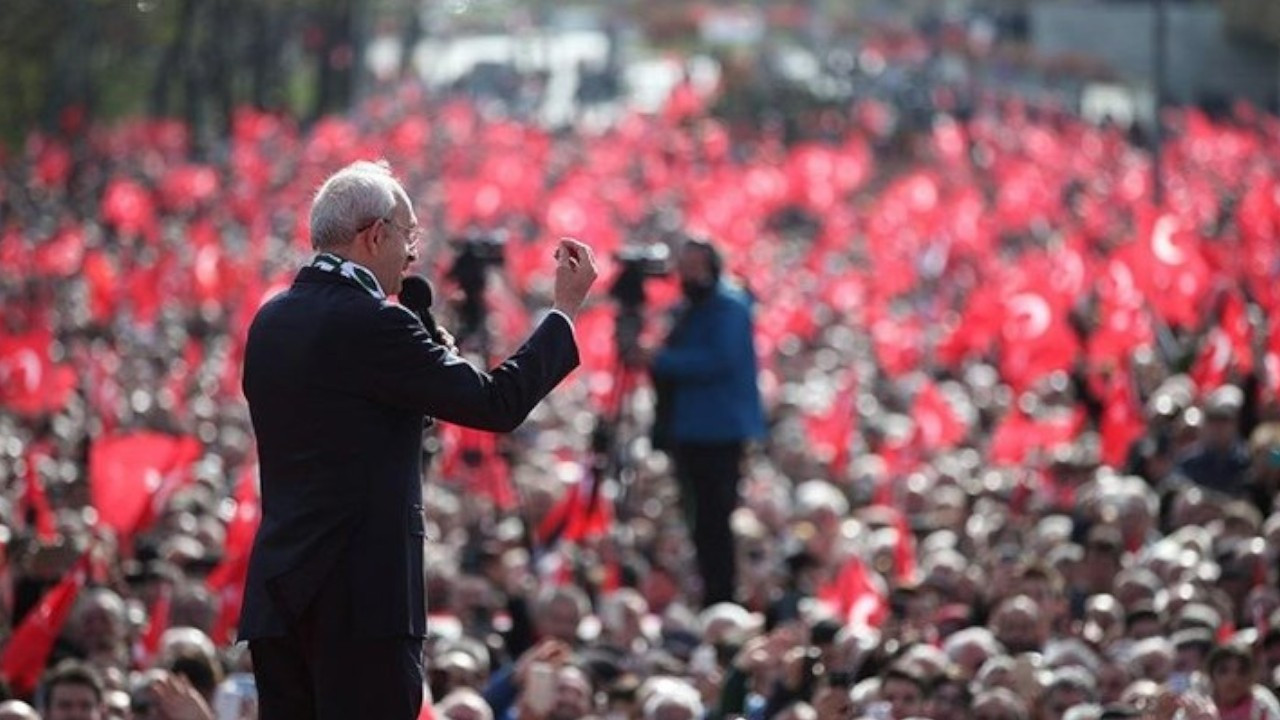Turkish court bans access to reports covering main opposition leader's speech about Erdoğan
A Turkish court has blocked access to news reports covering a speech of main opposition CHP leader Kemal Kılıçdaroğlu about President Recep Tayyip Erdoğan. On Feb. 11, 2020, as part of a discussion on the political leg of the Gülen network, Kılıçdaroğlu had said that it was Erdoğan who had "handed the state to FETÖ."
Duvar English
A Turkish court has banned access to online reports published by 20 news outlets for covering a speech of the main opposition Republican People's Party (CHP) leader Kemal Kılıçdaorğlu.
The court's decision came upon the demand of President Recep Tayyip Erdoğan.
During his party's parliamentary group meeting on Feb. 11, 2020, Kılıçdaroğlu had said it was Erdoğan who had “handed the state to FETÖ [Fethullahist Terrorist Organization],” using the acronym of the Gülen network.
Kılıçdaroğlu had said that the ruling Justice and Development Party (AKP) “had not put up a fight against FETÖ.” “Everyone knows that a genuine struggle against FETÖ has not been taken. Those with money, connections are outside [the prison]. Those with political connections have not been touched,” Kılıçdaroğlu had said in his remarks which were published by 20 different news outlets.
Erdoğan's lawyers on Dec. 2 filed a demand for these news reports to be blocked, claiming that the president's “personal rights had been violated.” On the same day, the demand was accepted by the court.
Kılıçdaroğlu's lawyer Celal Çelik announced that they will file a criminal complaint against the judge who handed down this decision for “abusing” his judicial powers. “We will file a criminal complaint against this judge who has abused his authority and moreover acted with political motives, and we will follow up on the issue,” Çelik wrote on Twitter.
Genel Başkanımızın konuşması ile ilgili olarak yayın yasağı ve erişim engeli koyanlardan hesap sormak boynumuzun borcu olsun!...
— Celal ÇELİK (@CelikBaskan06) December 6, 2021
Görevini kötüye kullanan ve dahası siyasi güdülerle hareket eden bu hakim hakkında derhal suç duyurusunda bulunup takipçisi olacağız!@kilicdarogluk https://t.co/aUKw6k9Ukb
U.S.-based Islamic cleric Fethullah Gülen was once an ally of Erdoğan and the AKP.
The Gülen network ran schools, banks and media outlets in Turkey until the two men had a public falling-out in 2013.

 Erdoğan downplays main opposition's giant rally despite drone footagePolitics
Erdoğan downplays main opposition's giant rally despite drone footagePolitics Main opposition leader vows to restore rule of law in TurkeyPolitics
Main opposition leader vows to restore rule of law in TurkeyPolitics Turkish Statistical Institute denies entry to main opposition CHP leader KılıçdaroğluPolitics
Turkish Statistical Institute denies entry to main opposition CHP leader KılıçdaroğluPolitics Turkish governor's office refuses permit for main opposition CHP rallyPolitics
Turkish governor's office refuses permit for main opposition CHP rallyPolitics